Meet the Creator: Katherine Collette
"It’s always worked for me to follow the ‘pings’, those little nudges in your brain that say: Hey, try this..."
For aspiring writers around Australia, Katherine Collette needs no introduction. She co-hosted The First Time podcast with Kate Mildenhall for six years, interviewing hundreds of authors and sharing the highs and lows of her journey as a debut author. The podcast launched in 2018 when I was on mat leave from my magazine job, and it kept me company as I pushed a pram around the suburbs and wondered if now might be a good time to finally write a book like I’d been dreaming about my whole life – so this interview was a bit of a full circle moment! Katherine wrote two novels for adults (THE HELPLINE and THE COMPETITION) and was published in the US, UK, Italy and Germany, before turning her hand to writing AND illustrating middle grade. THE TOO TALL TALES OF ALMA T BEST debuted in 2024, followed by THE GIRL WHO CRIED BIRD (coming May 2025 – read on for Melbourne launch details!) She’s also a writing coach for emerging and debut authors and her advice is often hilarious and always on point.
Q&A WITH KATHERINE COLLETTE
Can you remember the kids' books that made you want to be an author? Other childhood favourites or early influences?
Robin Klein was my favourite author. In primary school, I’d walk home most days and swing past the library, hoping a new book of hers would magically appear (this never happened). I also loved Sue Townsend. I didn’t always understand the irony in Adrian Mole, but I could sense it – and I loved it. That combination of arrogance, misplaced confidence, and general ineptitude has always appealed to me. I still find it deeply funny.
When did you decide you wanted to be an author? How did you go about it?
I always thought I’d write a book – like, truly believed it was inevitable. I had no reason to think this. I was just lucky enough to grow up in a household where people told me I was great, and I believed them. It took until about age 25 to realise I didn’t necessarily walk around inspiring that level of confidence in other people. My parents had probably pretended – at least a little. By 30, I realised no one was going to tap me on the shoulder and say, ‘Hey – you, obscure person doing no writing – want to write a book? We’d love to publish it.’ So I had to just... start.
Looking back, I’d been circling the idea for years – writing zines, blogs, little plays. Eventually, I wrote a short story that became my first novel, The Helpline. The final product bears almost no resemblance to where it began (thank God).
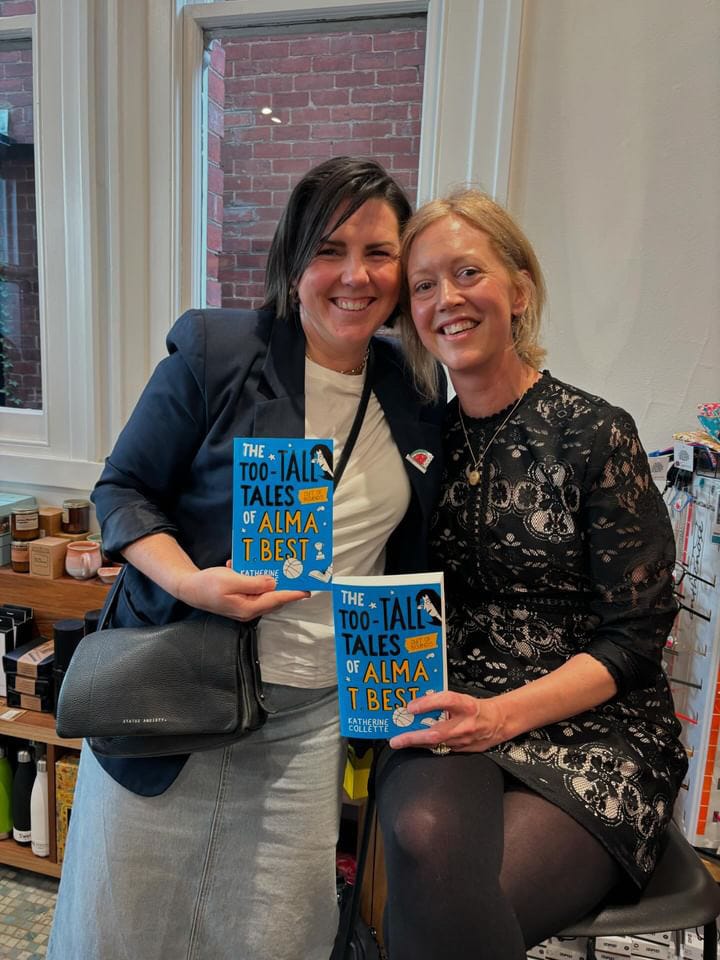
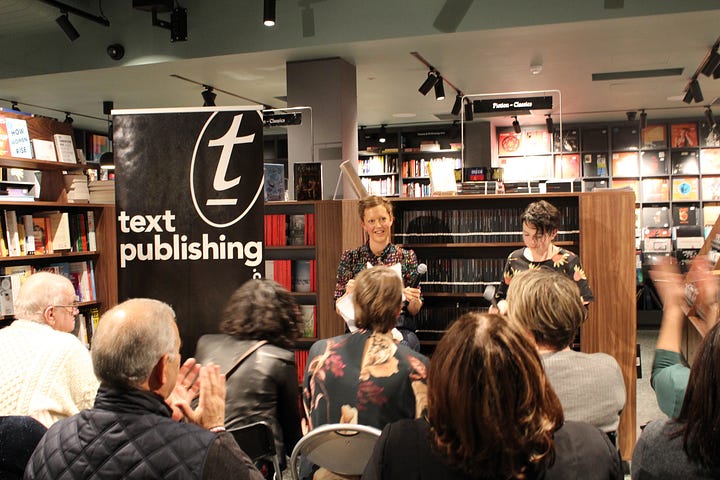
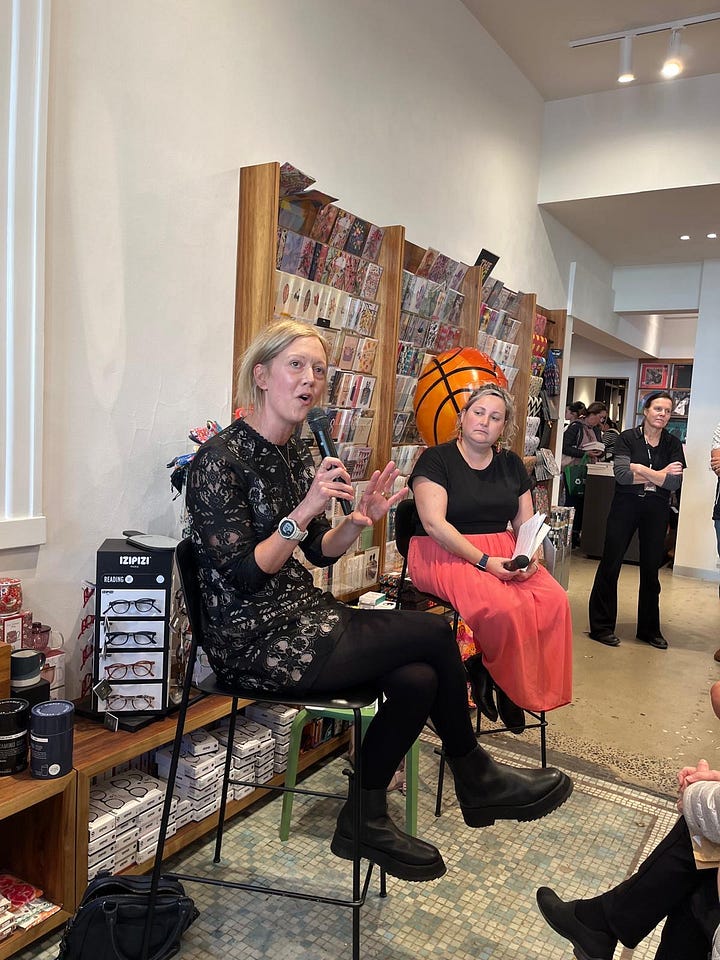

Tell us about your latest book, The Girl Who Cried Bird.
Most of my novels start with a couple of vague images or ideas. I knew this one was set in a town attached to a sewerage farm – it shares a world with my first novel. I’m an engineer and I’ve worked in sewerage, so it felt like a natural backdrop. There are no poo gags. It’s just an interesting space.
The Girl Who Cried Bird is about birdwatching, because birds are a big deal at treatment plants. The whole story clicked into place when I heard about an Icelandic tourist who joined a search party – only to discover she was the missing person they were searching for. Some people spend a lifetime trying to find themselves. That lady did it in a day. I stole that story for the ending (so… minor spoiler). But it helped me figure out where the book was going.
How have you found the process of writing and publishing middle grade after writing for adults? Was there anything that surprised you?
I wrote my first middle grade book during COVID, and The Girl Who Cried Bird is the second in that series. It felt joyful. For some reason, there was less pressure. I started drawing cartoons at the same time. I set myself a challenge: 100 cartoons in 100 days. They were terrible, and I didn’t finish the challenge – but even a half-finished challenge can be life changing. Now, cartooning is probably my favourite creative thing to do. The drawings made their way into the books. They’re now a core part of how I write.
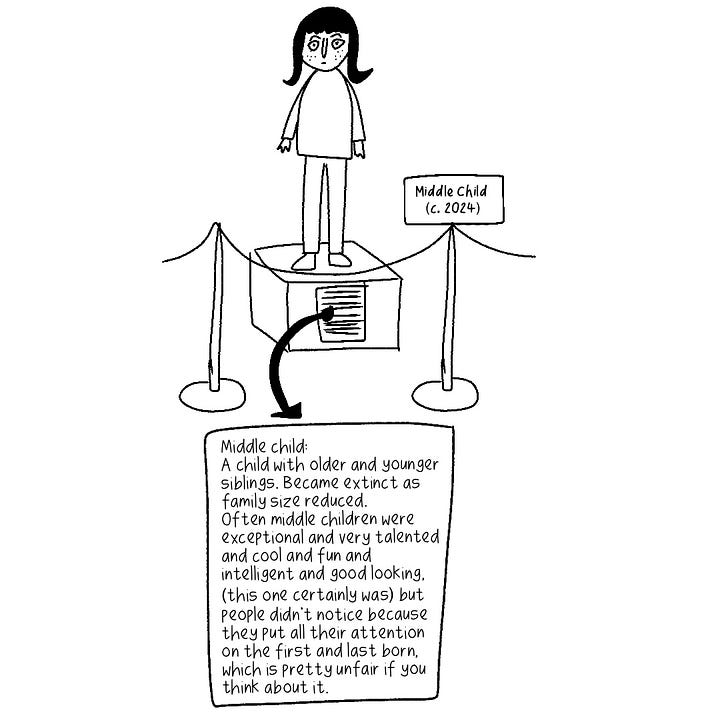
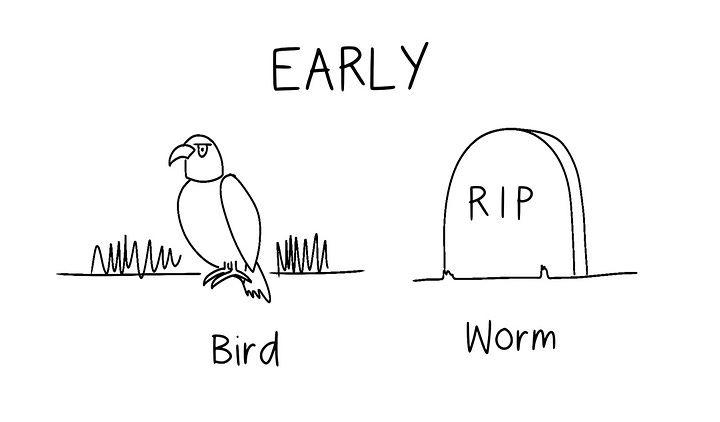
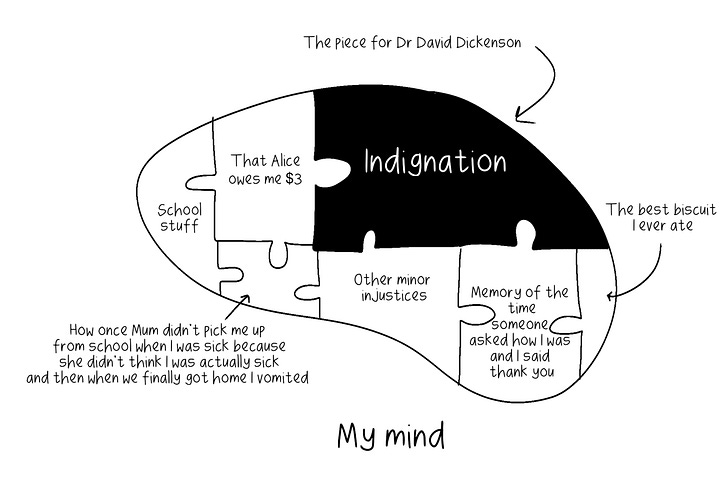
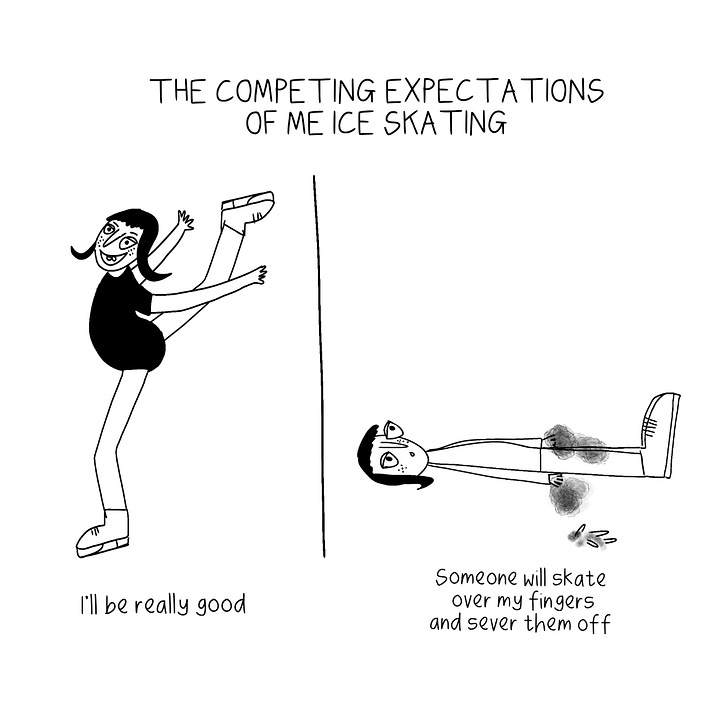
Can we expect to see more Alma stories in the future? Or other middle grade/kids’ books?
I think so. I really love the middle grade moment – I remember how those small, incremental freedoms made you feel so grown-up.
You’ve just been hit by a new idea in the middle of life/work/a shower/the night. What happens next?
I write things down – all the time. Notebooks, phone apps, scraps of paper. I’m not sure I’d get out of bed in the middle of the night to write something down – I’d probably just lie there and ruminate on it until morning. I work on one thing at a time. I’m not hunting for ideas, exactly – I’m more interested in moments. Anecdotes. Tiny stories. I pay my kids 50 cents for a good story about their day. They get a dollar if it has a ‘button’ – a finish that rounds it out in a delight-ing kind of way. Occasionally, I pick a theme and ask people if they have a story on that topic. ‘Teeth’ was a recent one. I’m collecting teeth stories.
Do you jump between projects or follow one through to the end?
I usually follow one through. That said, I might be jumping around a bit at the moment. Yikes. That’s exactly what I tell other people not to do…
How many projects do you currently have in progress or waiting in the wings?
Are they for adults or kids?
It’s a funny moment for me. I’ve been working on an adult fiction book, but I’m weirdly interested in the self-help/creativity space at the moment. In book form, and in short form. I think you’ve got to follow the heat, so I’m taking a break from fiction for the first time in years. It’s unsettling actually – I feel a little unmoored without it. But it’s always worked for me to follow the ‘pings’, those little nudges in your brain that say: Hey, try this.
I love the writing advice you share on Instagram, in newsletters, and in your courses. What made you want to branch out into coaching and mentoring?
I guess I felt like I’d gotten to a point where I knew enough and I felt like I had something to say. I also really believe in creativity – I think it’s a force for good. But I think people get in their own way… I certainly used to get in mine. There’s a lot of great stuff out there on writing through trauma. I just wanted to carve out a space for amusement and joy.
What do you enjoy most about writing for kids? What do you enjoy most about writing for adults?
I remember, as a kid, meeting adults who didn’t get me and thinking, ‘I will never forget what it’s like to be a kid.’ And then I grew up and forgot. Writing kids’ books helps you remember. Writing for adults is fun too – because it feels like a bigger deal. There’s more fuss (am I shallow?)
What’s still on your writing/creative bucket list?
Right now? I’d love to go to the University of Iowa for a (long) workshop. And get a cartoon published in The New Yorker.
Find out more at katherinecollette.com or follow Katherine on Instagram @katherinecollettewriter. You can also join in the launch celebrations for The Girl Who Cried Bird at Readings Hawthorn on Sunday May 4. Book your spot here.
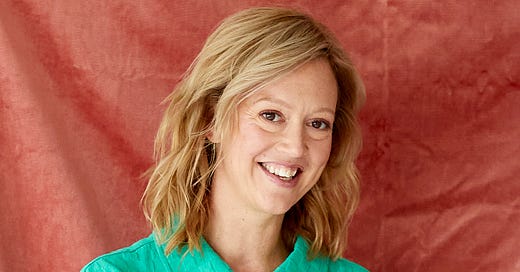






I gave a little gasp when Katherine mentioned she would always check if her favourite author would have a new book out at the library. I always did this as a child but had somehow forgotten until now! Do kids these days still have these moments or do they just “do a Google”? Admittedly, I probably lean into a quick Google Search rather than encouraging my 8yr old to look for himself. Time to change this, I think.
Great interview! I love the idea of collecting stories based in a theme & aiming for 100 cartoons in 100 says sounds fun!